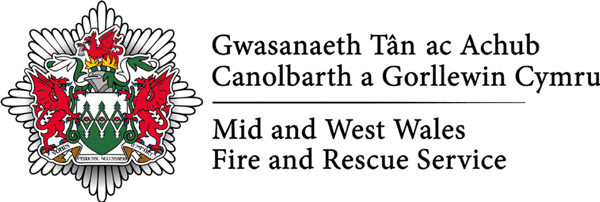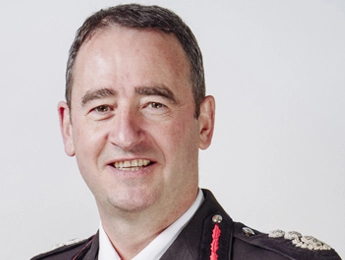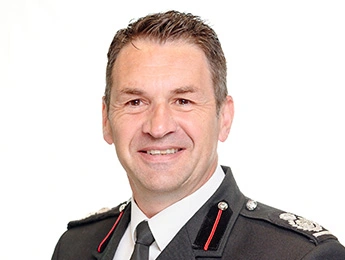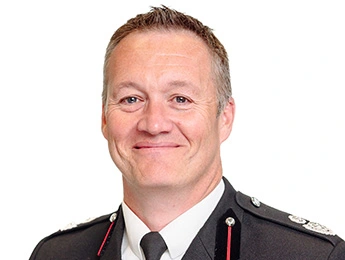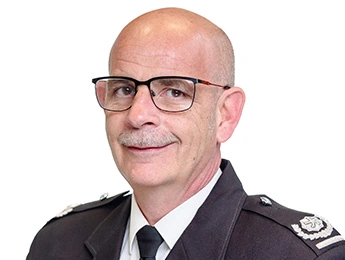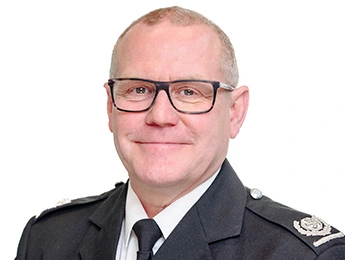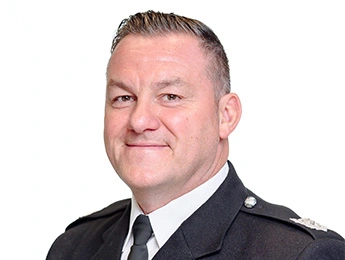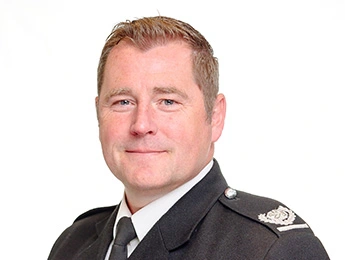The Estates Department is responsible for the management of revenue and capital budgets for over 70 properties, at locations throughout the operational area of Mid and West Wales Fire and Rescue Service. The team provide an integrated approach to operating, maintaining, improving and adapting the Service’s buildings and infrastructure to ensure they are well-maintained and fit for operational objectives.
Responsibilities range from the acquisition of land, major capital schemes, management of hard and soft facilities services such as heating, electrical services, cleaning, waste and energy management, as well as the day-to-day maintenance issues consisting of minor repairs, such as a leaking tap to more involved minor works projects.
